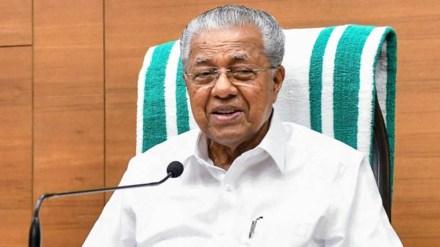Kerala Chief Minister Pinarayi Vijayan has firmly criticised the University Grants Commission (UGC) Draft Regulations, 2025, stating that they sidelined state governments from the administration of higher education. Addressing a National Convention on the proposed regulations that was attended by ministers from Tamil Nadu, Telangana and Kerala, Vijayan stated that these new rules will take away their authority in crucial appointments and will allow political interference in the universities.
Concern related University appointments
The Chief Minister flagged issues that under new regulations, state governments will no longer have authority in appointing assistant professors and Vice Chancellors (VCs) in the universities run by the government. He called this move undemocratic and excessive. He warns that Chancellors who are also the Governors appointed by the Centre have power to select VCs can result in making political uninfluenced appointments. Vijayan pointed out that many opposition-headed states like Tamil Nadu, Punjab, Kerala and Telangana have already experienced governor-led interferences in universities and the new norms will only increase such cases.
Vijayan gave an example of how his government went into a legal dispute with former Kerala Governor Arif Mohammed Khan. The former governor has turned down signing several bills related to university governance and this move forced the state to seek help from the Supreme Court. This case is a clear instance according to him of how governors under the new rules could impact the state autonomy in education.
Threat on Higher education autonomy
The Kerala Higher Education Minister R Bindu also raised similar concerns and termed the draft regulations an attempt to weaken academic independence and intervene in the state run universities. She asserted that these rules could compromise academic standards and restrain universities to work freely.
Telangana Deputy Chief Minister Mallu Bhatti Vikramarka mentioned that the regulations will reduce state government to mere spectators in their own universities. She compared it to ‘’paying the bill but won’t be permitted to order the food.’’
(With inputs from PTI)
